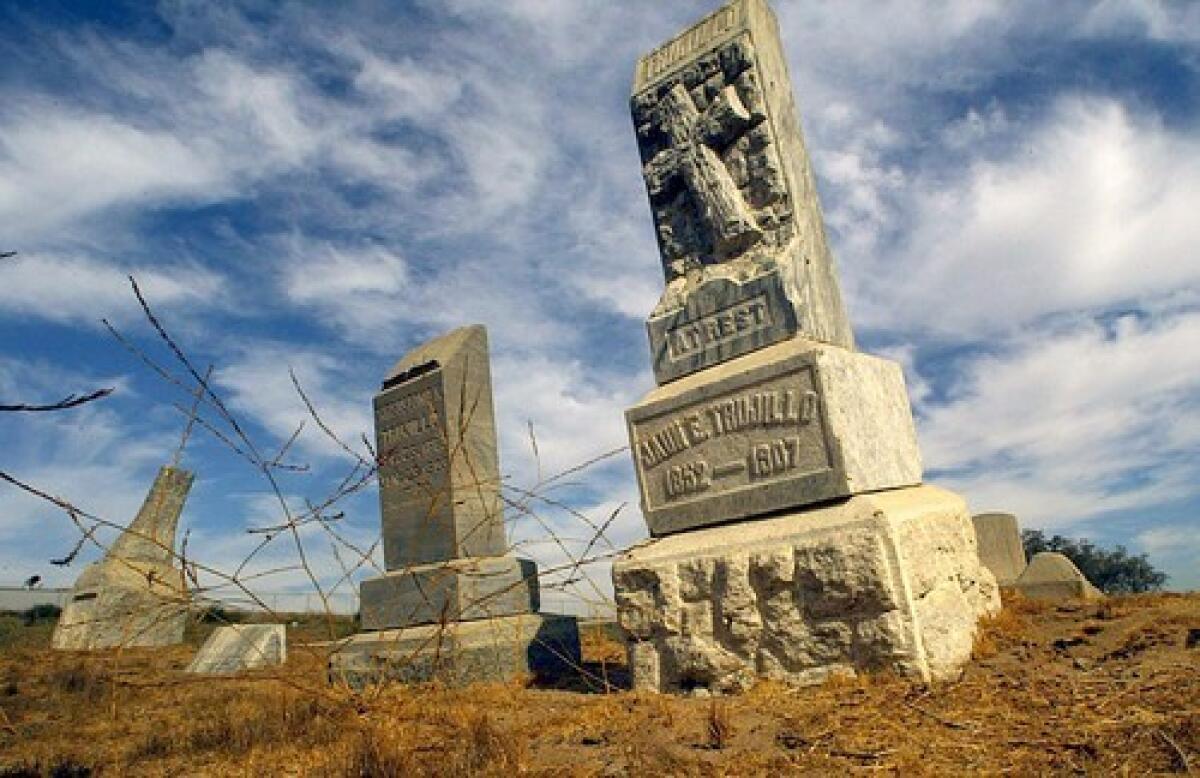How the COVID-19 pandemic is delaying inheritances

- Share via
Dear Liz: My mother passed away in March due to old age. She lived in California. I live out of state and couldn’t travel because of the pandemic. My siblings took care of her burial. Her will named me executor. I’d like to know how long I have to settle her estate and whether I will need an attorney. Her house was her major asset and was assessed at $400,000. There’s no mortgage. The house goes to an older brother and me, and two grandsons each get $10,000. I want to make sure the grandsons get their inheritances as soon as possible.
Answer: Your grandsons will have to wait awhile. California probate is slow at the best of times, with a typical case taking eight to 12 months or more. Pandemic-related court closures are adding many months to the process. Courts are slowly reopening but dealing with a significant backlog of filings.
Your mother’s will should be filed with the appropriate county within 30 days of her death and the county tax assessor should be notified within 150 days because she was a property owner, said Jennifer Sawday, an estate planning attorney in Long Beach. Though most counties allow electronic filing for probate matters, it’s typically not the most user-friendly process and you may want to consult a probate attorney. The initial consultation is usually free. Hiring an attorney to handle the whole process probably won’t be cheap: By law, probate attorneys can charge 4% of the first $100,000 of the estate, 3% of the next $100,000, 2% of the next $800,000, 1% of the next $9 million, and 0.5% of the next $15 million.
Your mom could have avoided probate entirely if she’d created a revocable living trust, or if she had taken other probate-avoidance measures. In California and many other states, real estate can be passed on with a “transfer on death” deed that avoids probate. She also could have set up bank accounts and designated your grandsons as beneficiaries to avoid probate.
It’s too late now, obviously. But whatever you do, don’t jump the gun by making distributions, Sawday warned.
“If there is a will, under no circumstances should he make the cash gifts to the grandsons until the court admits the will, appoints him as executor and probate actually commences,” Sawday said.
Once is enough for tax returns
Dear Liz: You’ve covered the fact that 2019 tax refunds, especially for those of us who filed paper returns, are delayed. After days of trying to get through to someone at the IRS, I actually connected with an agent. After he told me there are massive problems in their mailroom, I said I was going to file again except this time I would do it electronically. His response, “Don’t do that because it will be a mess.” Can you check with your IRS contacts and see if they are adamant against refiling electronically?
Answer: Adamantly and emphatically, the IRS does not want people to file duplicate returns. Not only will that add to the agency’s already massive backlog, but duplicate returns can trigger identity theft protocols that could make it harder for you to file your returns in the future.
“The only time you would really want to file a duplicate return is when the IRS sends you a notice that the return you previously filed was never received,” said Henry Grzes, lead manager for tax practice and ethics at the American Institute of Certified Public Accountants. In the past, those notices were sent out 12 to 18 months after the return was due.
Many people have been waiting months for their refunds because of pandemic-related shutdowns. The IRS is slowly reopening the processing centers that were closed, but the backlog is tremendous. Although the agency was able to send out more than 150 million stimulus checks and to process most electronically filed returns, more than 10 million unopened paper returns and other mail had accumulated by mid-May.
The agency has been bringing back its workforce in stages, and the last of the IRS’ processing centers is scheduled to open June 29. In addition to the backlog, they’ll be dealing with even more filings as the extended July 15 tax deadline looms. In short, it’s unclear how much longer you’ll have to wait to get your refund.
The fact that you got through to a human being at all means you beat the odds. As mentioned in the previous column, the IRS was struggling even before the pandemic because of congressional budget cuts. Last year the agency was able to answer fewer than 1 in 4 phone calls, according to the Taxpayer Advocate Service.
Liz Weston, Certified Financial Planner, is a personal finance columnist for NerdWallet. Questions may be sent to her at 3940 Laurel Canyon, No. 238, Studio City, CA 91604, or by using the “Contact” form at asklizweston.com.
More to Read
Inside the business of entertainment
The Wide Shot brings you news, analysis and insights on everything from streaming wars to production — and what it all means for the future.
You may occasionally receive promotional content from the Los Angeles Times.










